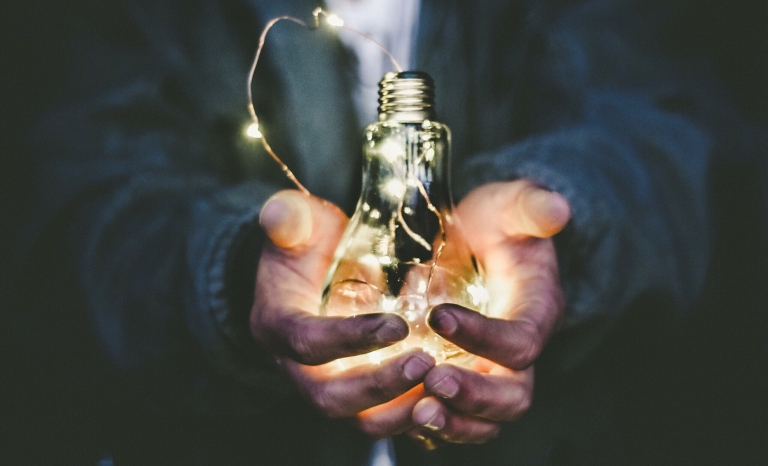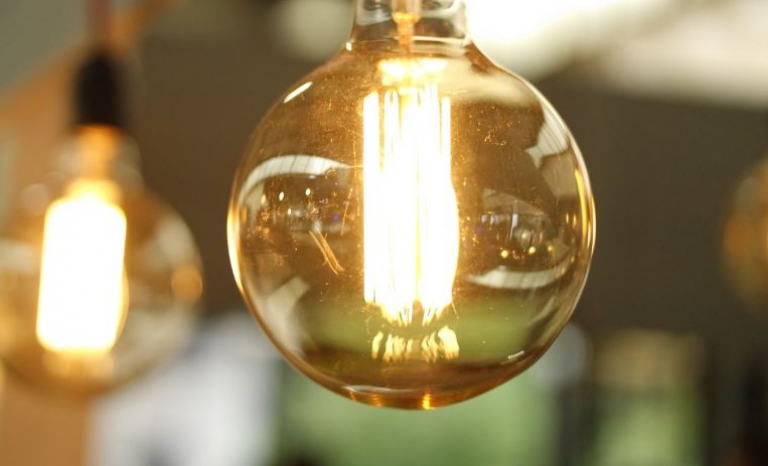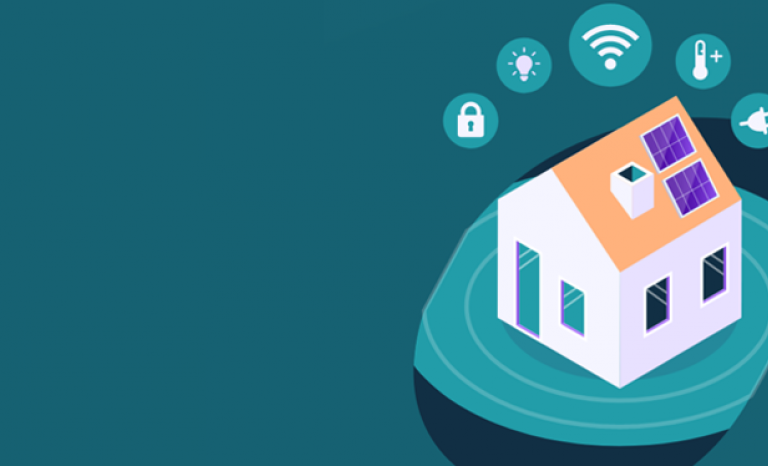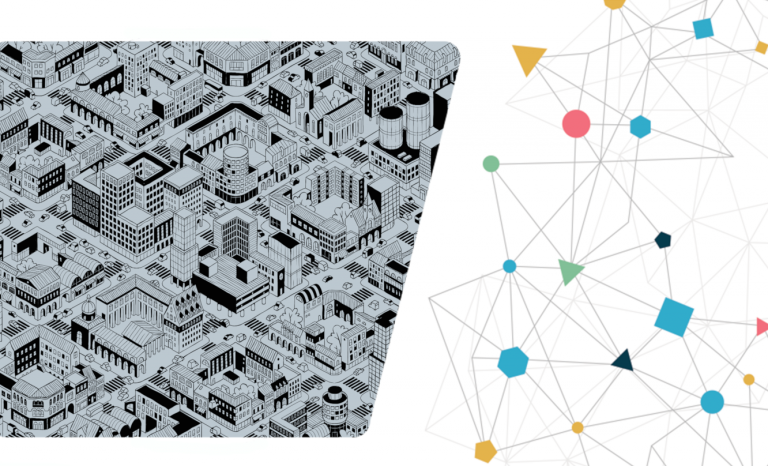The energy poverty campaigner and member of Friends of the Earth Europe talks about energy precariousness in Europe and the effects of Covid-19 in this field.
How many people are expected to fall into fuel poverty because of Covid-19? In comparison with last year, are the number of people affected much higher?
Covid-19 has hit the energy poor the hardest. As millions of Europeans have been forced to stay at home with increased financial strain, there is no doubt energy poverty rates have soared due to the pandemic. However this is hard to directly quantify, as energy precariousness is often deemed ‘invisible’ to the public eye; seen as a private struggle rather than a structural inequality, it is often hard to find data that shows the real statistics.
Furthermore lockdowns have had drastic on the 50-100 million EU citizens who already live in energy poverty, as spending more time than usual at home drives up their energy consumption and energy costs.
What are the main causes of fuel poverty?
Fuel poverty is directly linked to inefficient and unsafe housing, precarious neoliberal energy markets and wider social injustices and income barriers.
75% of European building stock is deemed inefficient and over 15% of Europeans live in housing with a leaking roof, damp walls or floors. This is unacceptable. We require a renovation wave which prioritises Europe’s energy poor who are the most vulnerable to climate change.
Fuel poverty is distinctly different to other forms of poverty and often falls in the gap between social and energy policy. Key indicators include: paying over 10% of your salary on energy bills, being unable to afford energy bills at least 3 times per year and living in inefficient housing.
Is the impact of fuel poverty similar all over Europe?
Fuel poverty is highly contextual and varies hugely across Europe. In Italy for instance fuel poverty is mainly in urban areas with low-income tenants; solutions include district heating, a ban on disconnections and renovations. However in Romania energy poverty often affects rural home-owners who have been told it’s not ‘economical’ to put them onto the wider energy grid. These houses require decentralised and subsidised renewable projects. You can get more information on this report.
From your point of view, what measures do you propose the governments must take to fight against fuel poverty?
In our report with CAN Europe and Friends of the Earth, we underline the key policy recommendations to tackle energy poverty across Europe. These include:
- An ambitious renovation strategy which clearly prioritises energy poor households. This requires a clearly defined fund to support energy efficiency efforts for those that need it the most.
- Clear definitions and indicators of energy poverty
- Referral systems through schools, hospitals and other services to clear define those living in fuel poverty and give them access to subsidised or low-cost renovation efforts
- A ban on disconnections to ensure a minimum amount of energy for all.
- Member states should urgently revise their National Energy and Climate Plans (NECPs) and Long Term Renovation Strategies (LTRS) to ensure they meet the needs of the energy poor
Similarly, at the Right to Energy coalition we unite social and environmental organisations, trade unions, energy cooperatives and housing providers to end energy poverty across the EU. Our demands are:
- A ban of disconnections to effectively ensure the right to energy;
- The supply of a minimum amount of energy for all;
- A massive renovation programme across the EU to provide decent, efficient housing for all;
- The targeting of the most vulnerable in these renovation efforts;
- Recognition of the role of community energy in alleviating energy poverty;
- Support for community energy projects fighting energy poverty;
- A European definition of energy poverty to understand and monitor the issue at EU-level
In your opinion, is fuel poverty a conditioning factor to prioritize some groups of people in the vaccination plan?
Fuel poverty is a huge and often invisible public health burden. Those living in damp, mouldy or leaky houses are far more likely to develop respiratory infections and long-term health issues. It is estimated over 100,000 Europeans die per year due to inadequate housing, furthermore it is seen as a €140 billion burden on public health services across the EU. This is set to be seriously exacerbated by the Pandemic and the energy poor are most at risk.
Is the European Union taking into account the fuel poverty under the recovery plan?
Tackling energy poverty was announced as a key priority in the Renovation Wave strategy as part of the European Green Deal in October 2020. Furthermore, they provided ‘Guidelines on energy poverty’ for member states on the same day. Although this is a welcome step in the right direction to addressing energy poverty, neither of these strategies are binding and lack real authority.
We risk the Renovation Wave being little more than a communication strategy if we do not secure legislative wins for the energy poor in the Energy Efficiency Directive and the Energy Performance of Buildings Directive this year. This will be where we hope to see a clear prioritisation of energy poor households as the key beneficiaries of renovation efforts and secure ambitious EU funding for energy poor member states to deliver on this ambition.
What role are non-profit organizations playing to fight against fuel poverty during the pandemic times?
Individuals, communities and organisations are standing up against unjust energy prices and leaky homes. There is a growing discontent in the face of unjust and unambitious climate policies that make the poorest pay the price for our wasteful and inefficient energy system. As young people and social movements mobilise to demand change, we are at a pivotal moment in time.
Movements across Europe have galvanised to support those in energy poverty across Europe and create national change. For example, Friends of the Earth groups such as FOCUS in Slovenia have provided free of charge or low cost renovations for energy poor households.
At a local level, the social movement is growing and led by those living in energy precariousness. This week Alianza contra la Pobreza Energética led a direct action campaign which saw hundreds of people take to the streets to demand the Right to Energy and a ban on disconnections during Covid-19. Similarly, Fuel Poverty Action in the UK has united those living in energy precariousness to demand for safe, energy efficiency measures and won lawsuits during the Pandemic.
So, what are the future challenges?
The Right to Energy movement is growing at local community level, all the way to national and EU level action. 2021 is the year that we alleviate energy poverty and make the legislative changes necessary to lift over 50 million Europeans into a humane standard of living. No one should have to choose between eating or lighting their home. Let’s ensure access to clean, affordable energy is a human right.
This year Right to Energy Coalition members have successfully campaigned to ban disconnections, implement free of charge renovations for energy poor households and include the energy poor as key players in the EU Green Deal. Additionally Right to Energy members have provided essential research on for a fair transition and how to secure the Right to Energy for all Europeans.
An end to energy poverty would see an increase in well-being and physical health, less money spent by governments on healthcare, reduction in air pollution, improved household budgets and increased economic activity. Let’s make this a reality for millions across Europe.









Add new comment